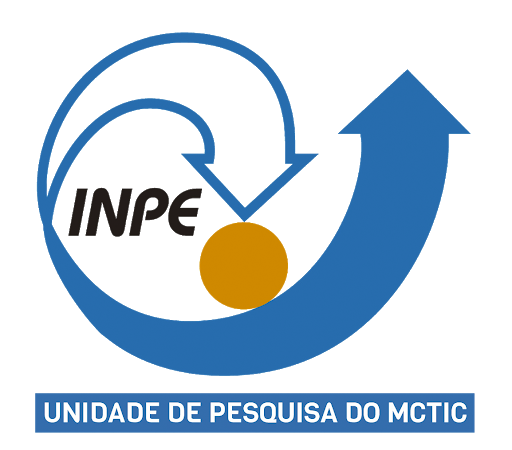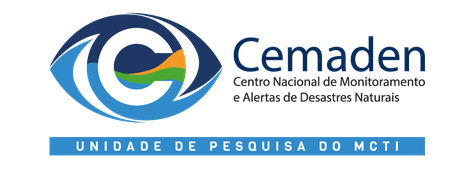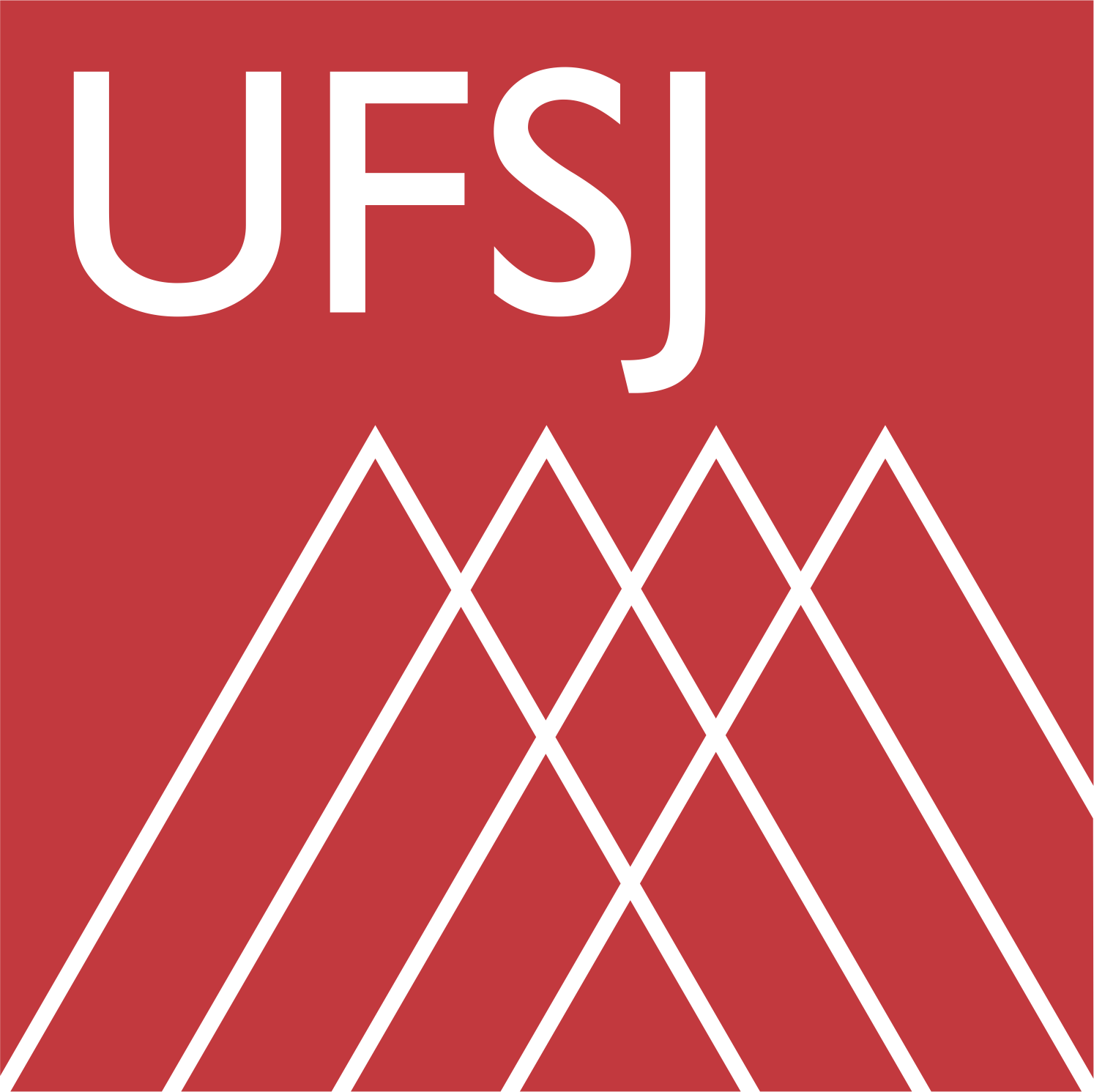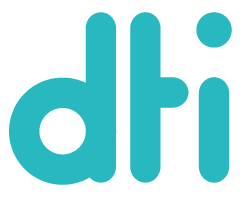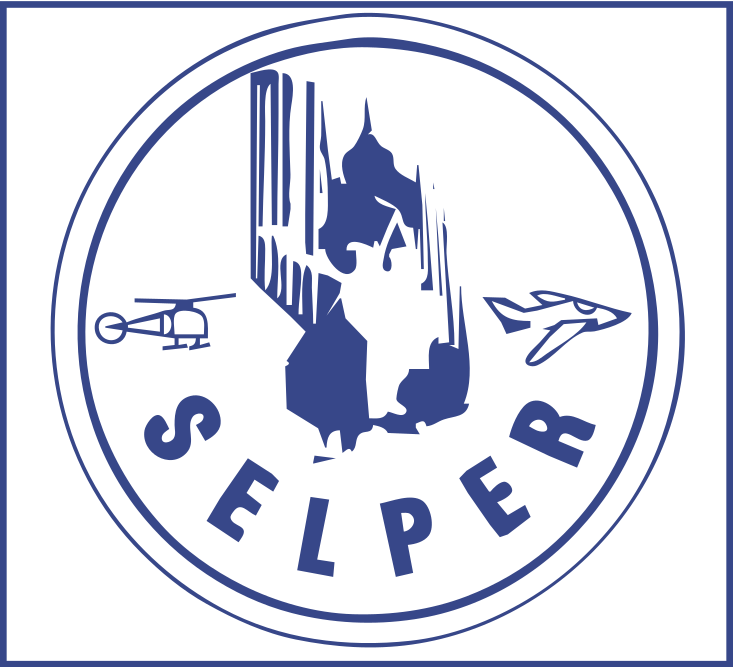|
|
||||||||||||||||||||||
|
Call for Papers, Databases, and ToolsThe Brazilian Symposium on Geoinformatics (GEOINFO) is an annual conference for exploring research, development, and innovative applications in geographic information science and related areas. All submissions will be reviewed by at least two members of the Program Committee. GEOINFO will accept the following submissions: Full-papers: contributions describing original recently finished research works, consisting of up to 12 pages, in English. Short-papers: contributions describing original ongoing research works, consisting of up to 6 pages, in English (preferably), or Portuguese. We encourage contributions from undergraduate and graduate students as first authors. Databases: contributions describing original databases. It should be submitted as a Short-paper, including a link to a public repository. The paper must not necessarily include scientific questions but a clear description of data and metadata. Tools: contributions describing original tools. It should be submitted as a Short-paper, including a link to a public repository. Submission guidelinesPapers should be submitted in PDF format, made in accordance with the SBC guidelines. Download templates and guidelines here: Templates are available for OpenOffice, MS-Word, or LaTeX, along with instructions for preparing the papers. Posters should be 90 cm X 1 to 1.2 m. The layout is free. We suggest the inclusion of GEOINFO logo. Click here to submit your paper. Important DatesStart of Paper Submission: July 01, 2023 Deadline for Paper Submission: September 08, 2023 Notification of acceptance: November 01, 2023 Camera-ready submission deadline: November 16, 2023 Symposium: 04 to 06 December, 2023. TopicsGEOINFO invites research submissions on topics related to geoinformatics. Suggested topics include (but are not limited to):
JournalsAuthors of selected full papers will be invited to submit an extended version in a special edition of the Brazilian Journal of Cartography (RBC) or the Journal of Information and Data Management (JIDM). RBC is a traditional open access journal that has been published six times a year, for more than 40 years. It is sponsored by the Brazilian Society of Cartography, Geodesy, Photogrammetry and Remote Sensing (SBC), focusing on Cartography, Remote Sensing, Photogrammetry, Geodesy, and related areas. More about RBC at http://www.seer.ufu.br/index.php/revistabrasileiracartografia JIDM is an electronic journal that is published three times a year. It is sponsored by the Brazilian Computer Society (SBC), focusing on information and data management in large repositories and document collections. It relates to different areas of Computer Science, including databases, information retrieval, digital libraries, knowledge discovery, data mining and geographical information systems. More about JIDM at https://sol.sbc.org.br/journals/index.php/jidm |
|
||||||||||||||||||||
| GEOINFO 2022 | ||||||||||||||||||||||

